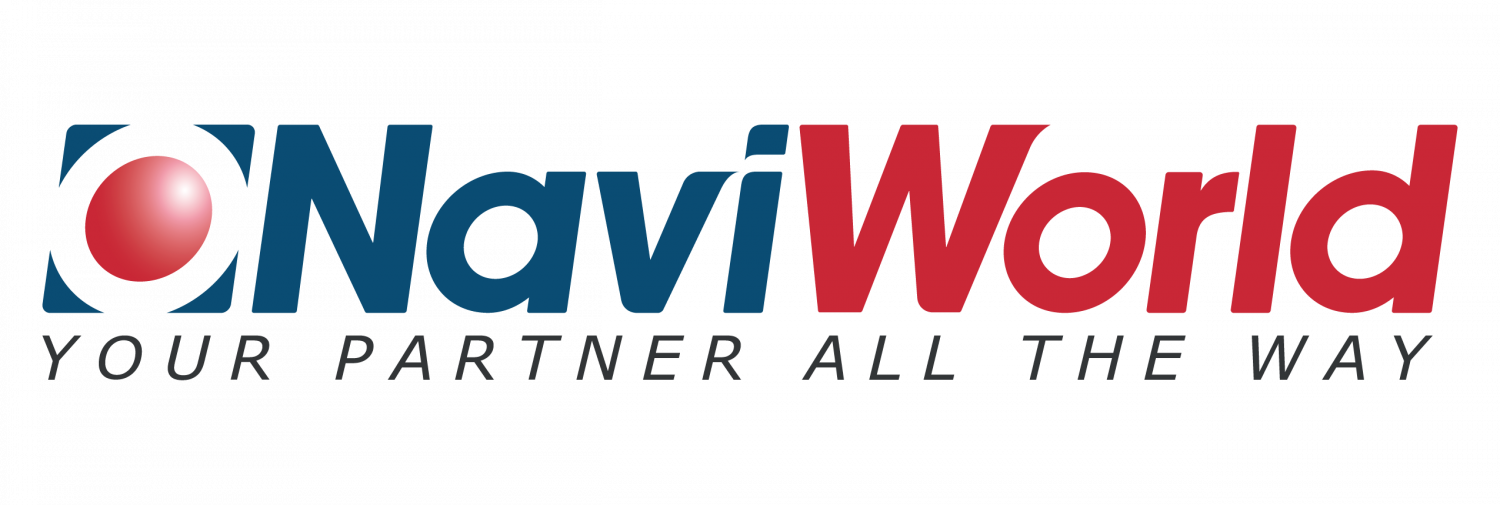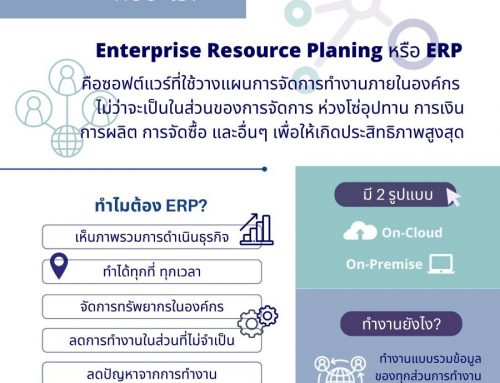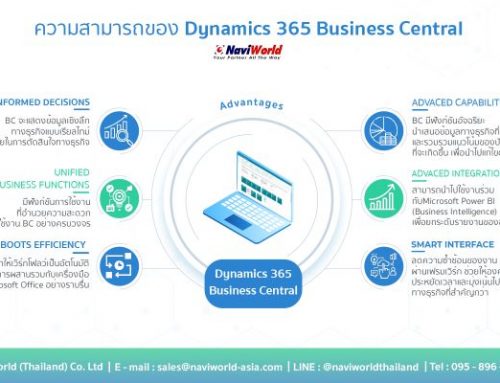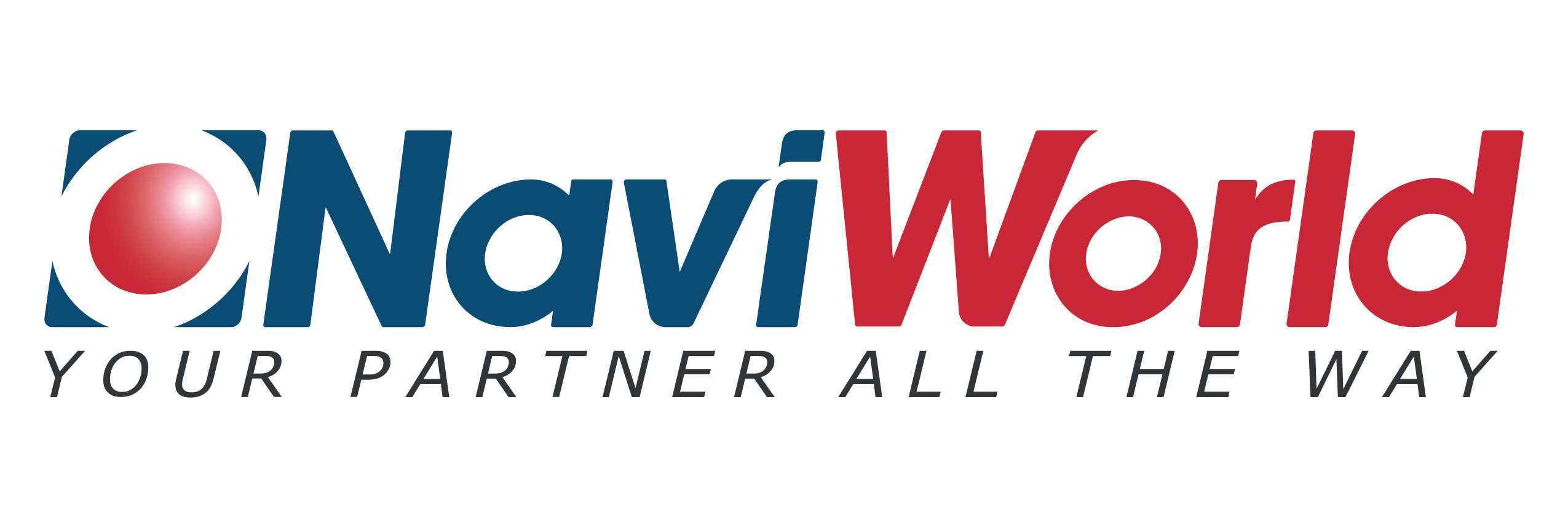It is no surprise that Enterprise Resource Planning (ERP) has become an integral part of many large-scale businesses in and out of Thailand with the amount of productivity it brings. As a business management software, ERPs are usually categorised into Cloud-based, Hybrid and On-premise when it comes to data management.
You might be thinking – is one better than the other? Well, it all boils down to the type of business you are running and the type and level of data organisation you require in your company. Read on to find out which type of ERP solution you should go for, for your business.
Cloud ERP
Cloud-based ERP solutions allow your staff to access software applications that run on shared computing resources (for example, processing power, memory, and disk storage) via the Internet, which is useful for remote working. These computing resources are maintained and managed by an external team of experts in remote data centres dedicated to hosting various applications on multiple platforms. The external team will be responsible for your data security and all you have to do is respond to requests for changes highlighted by them. In short, cloud ERP is hosted offsite and provided as a service, accessed through a web browser.
Without an in-house cybersecurity team, having an external team of experts to manage your data is ideal as you will be able to save costs on manpower and use the extra cash flow on other initiatives for the business. Additionally, you are only required to pay for the recurring subscription licensing fees based on the number of users needed.
All in all, cloud-based ERPs bring the most benefits to small-medium enterprises (SME) but be sure to take note of the level of customisation of processes your business needs and if your external provider is able to cater to these requests before going for a cloud-based ERP.
On-Premise ERP
As its name suggests, an On-premise ERP system requires your company to have its own servers with data stored at your company’s location or within the office itself. This means that you will need to have an in-house cloud data stack server and an internal team of IT experts to regularly maintain and manage the security of your data.
Companies that already have their own team of IT experts can afford to invest in it since they already have adequate staff and manpower to manage their own data servers. You get complete control and access to your data, without needing to rely on an Internet connection for your ERP system to run. However, the biggest drawback would be the need for an internal or outsourced IT team to constantly maintain, upgrade and back up your business data.
For on-premise ERP, you pay a one-time fee for the perpetual license to own the ERP software in perpetuity. Despite the relatively higher investment required as compared to cloud ERP software, you will be able to reap the benefits of your investment within a few years.
Hybrid Cloud ERP
Hybrid Cloud ERPs – the best of both worlds! Companies that choose Hybrid-Cloud business management software will have a mix of both On-premise and Cloud ERP features – some servers will be kept in-house, but these companies will also use a hosted cloud software to manage data and disperse information to other locations. Internal communications within the company are done through the cloud platform and data can be shared from the public to private cloud environments. Most often, users will purchase the perpetual license and host their software either on a public or private cloud.
Hybrid Cloud is a good step to take for businesses that are still using On-premise ERPs, to go towards increased flexibility and mobility to their business operations and workflow. It is also ideal for you if you are thinking of moving your services to web-based software.
Improve Your Business Operations with NaviWorld
Still can’t make up your mind on the best type of ERP to go for? Simply approach us at Naviworld for professional advice on ERP integration to your organisation today.








